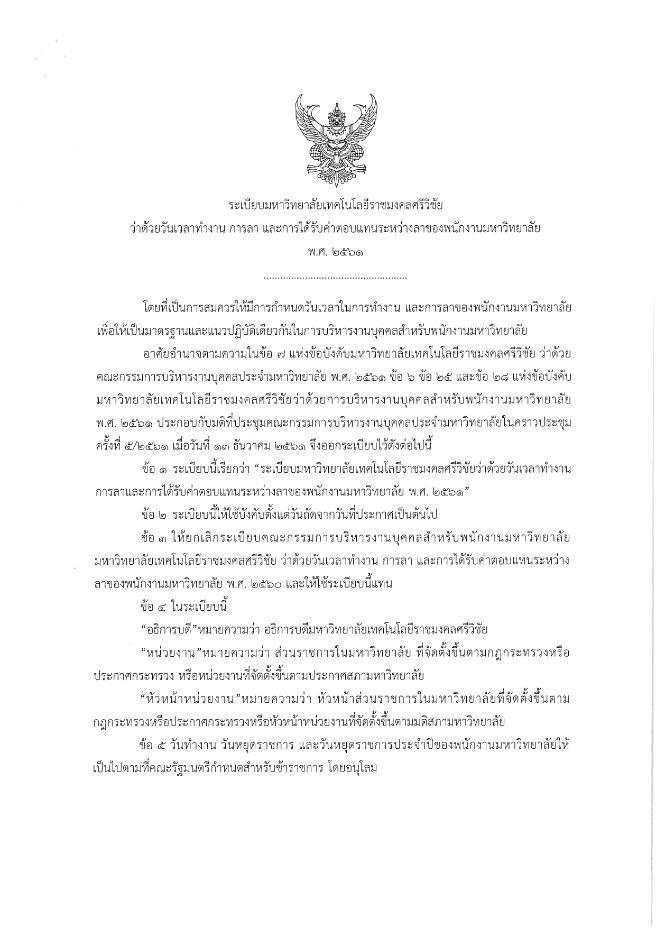Reporters :
Assco . Prof . Chuinut Sujarit,Asst . Prof. Somboon Prasongchan,Asst . Prof . Nutworadee Kanittinsuttitong,Asst . Prof. Natta Kachenpukdee
Evidence Date : 17 September 2024
Related SDGs:
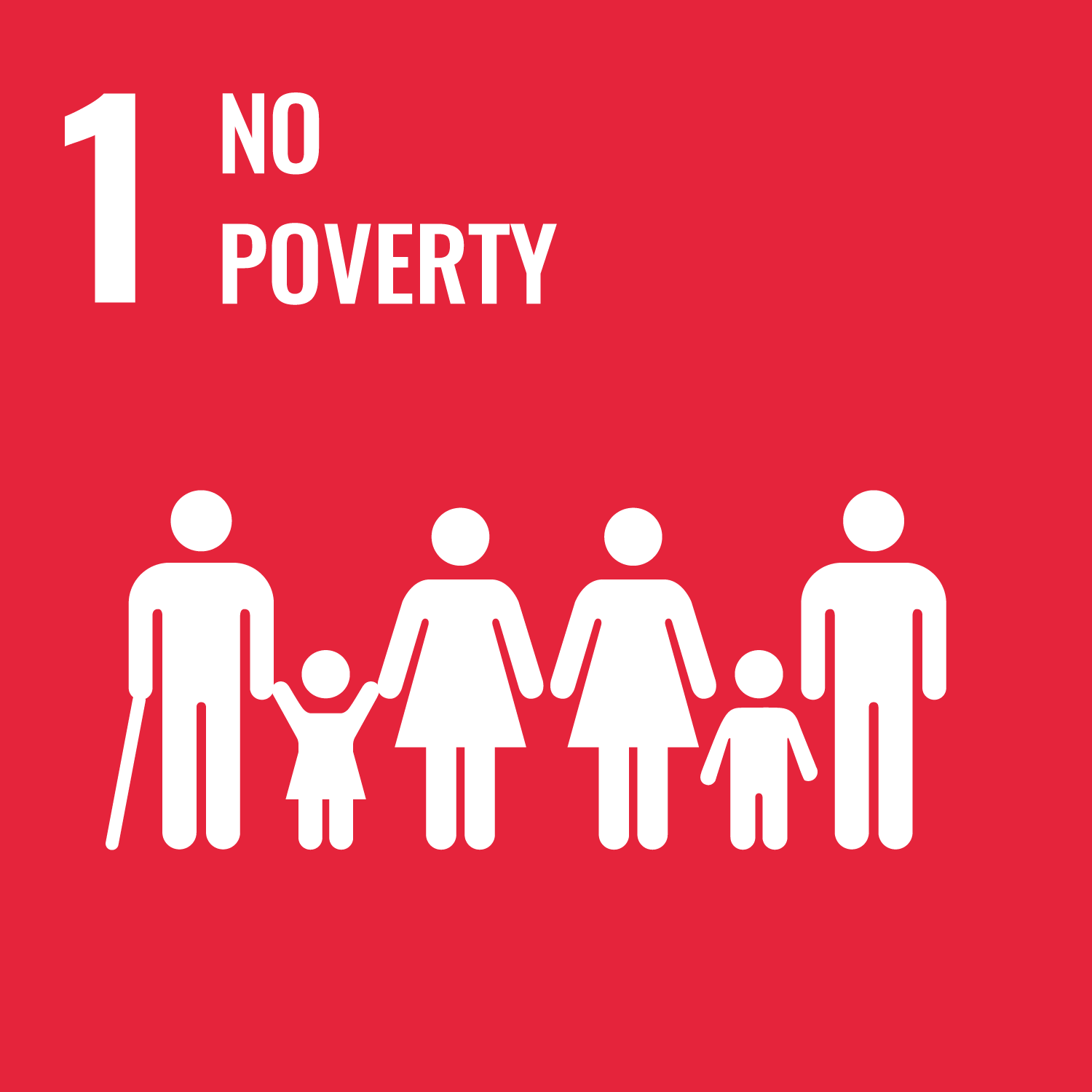
Related Indicators : 1.3.3, 1.3.4, 1.4.1, 1.4.2, 1.4.3, 1.4.4
Details : Supporting details and pictures
Stewardship, at Rajamangala University of Technology Srivijaya (RUTS), is not only about administration or governance—it is about care, equity, and responsibility. The university views its role as a guardian of opportunity: ensuring that education, innovation, and community engagement remain accessible to all, regardless of socioeconomic background. Under this philosophy, RUTS’s policies and institutional systems are designed to create an environment where learning uplifts, research includes, and every student has the means to succeed.
At the core of this commitment lies a holistic system of financial support and social welfare. Each year, the university allocates substantial funding through student aid programs, scholarships, and national student loans (SLF) to assist learners from low-income families. These initiatives ensure that talented students are not excluded by circumstance. The university’s “Work-While-Study” program further allows students to earn income while contributing to academic and community projects, balancing self-reliance with dignity.
The shrimp-paste development project in Trang Province serves as a tangible extension of these institutional values. While the research addressed poverty in coastal communities, it simultaneously provided meaningful educational employment to students who might otherwise have struggled to continue their studies. Through research assistantships funded by the National Research Council of Thailand (NRCT), these students received stipends, training, and mentorship—transforming a social development project into a mechanism for internal equity within the university itself. In this way, stewardship is expressed not only in policies written on paper, but in the lived experiences of those who benefit directly from them.
RMUTSV also prioritizes inclusivity in its management and decision-making. The university’s Student Development Division and Office of Academic Promotion and Student Affairs work together to identify at-risk learners, ensuring early interventions through counseling, peer mentoring, and career guidance. Accessibility initiatives provide free or subsidized housing, affordable food options, and transportation support for students from disadvantaged backgrounds. These systems, grounded in empathy and accountability, reaffirm RMUTSV’s vision of education as a public good rather than a privilege.
At the institutional level, stewardship extends beyond campus boundaries. RUTS’s leadership actively collaborates with local governments, private sectors, and community enterprises to implement sustainable development projects across southern Thailand. The university’s “One Faculty, One Community” policy encourages every academic unit to design research and service-learning programs that respond to local needs—be it agricultural resilience, entrepreneurship development, or marine resource conservation. In this model, each faculty becomes both a center of learning and a partner in community transformation.
Through these practices, RUTS advances not only SDG 1 (No Poverty) but also the broader principles of good governance and sustainable institutional management embedded in SDG 17 (Partnerships for the Goals). The university’s internal stewardship thus mirrors its external mission: to foster communities of fairness, participation, and shared growth.
Ultimately, stewardship at RUTS is about nurturing a culture of compassionate leadership—one that listens before it acts, and supports before it demands. The university’s structure of financial aid, inclusive governance, and ethical research management reflects a deep understanding that poverty reduction begins within: by empowering its own students, staff, and faculty to act as stewards of sustainability.
Every policy, from student funding to community collaboration, tells the same story—of a university determined to stand beside those who struggle and to illuminate pathways toward independence, dignity, and hope. RMUTSV’s stewardship is therefore not merely administrative; it is moral leadership in action, guiding education toward a future where opportunity belongs to everyone.
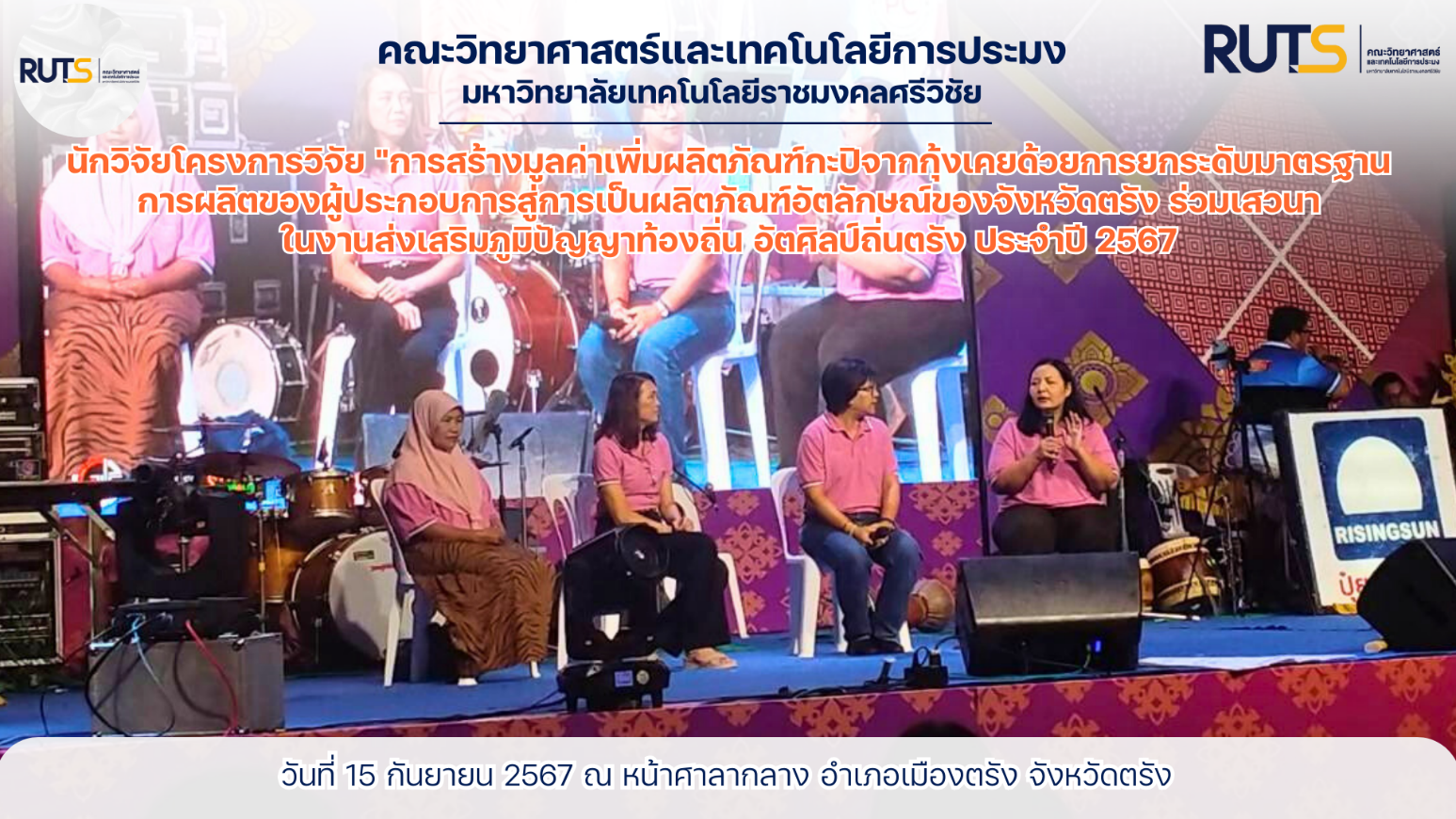
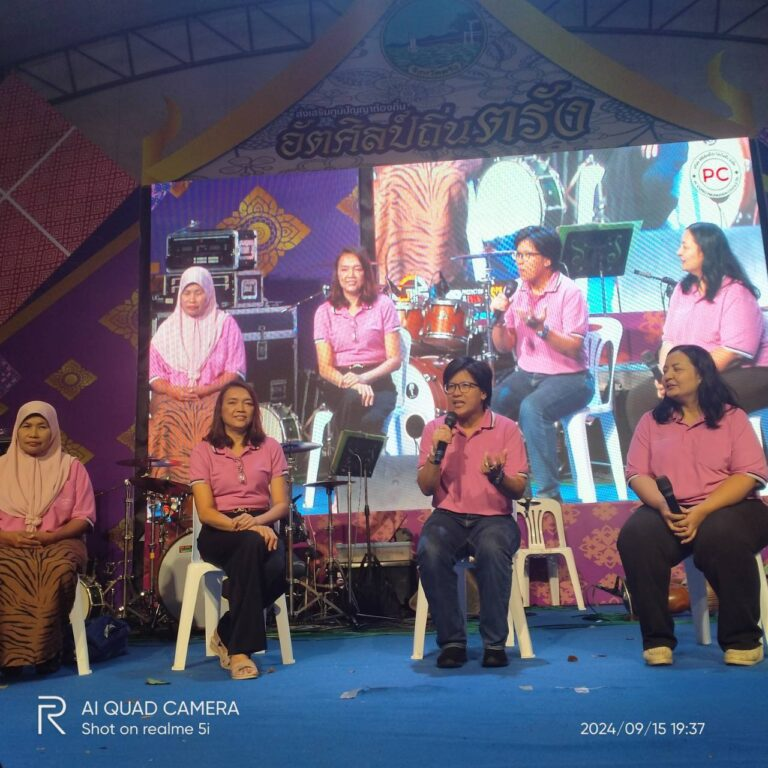
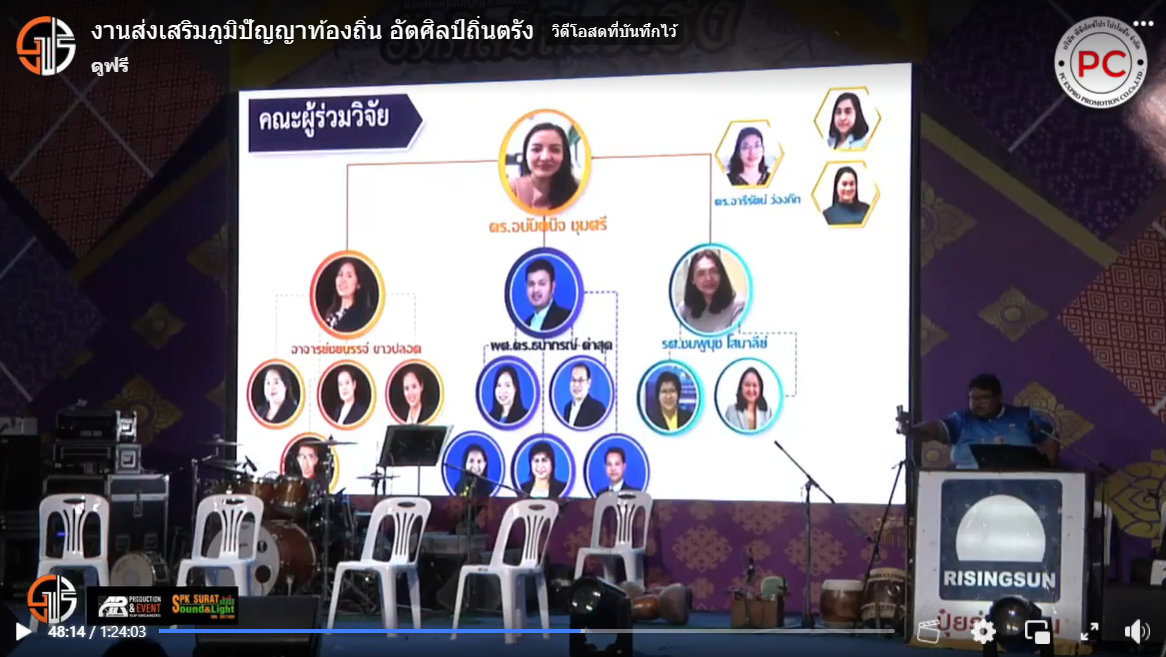
Related Link
รับชมการถ่ายทอดสอดการเสวนา ช่วงเวลาที่ 45.08 นาที

